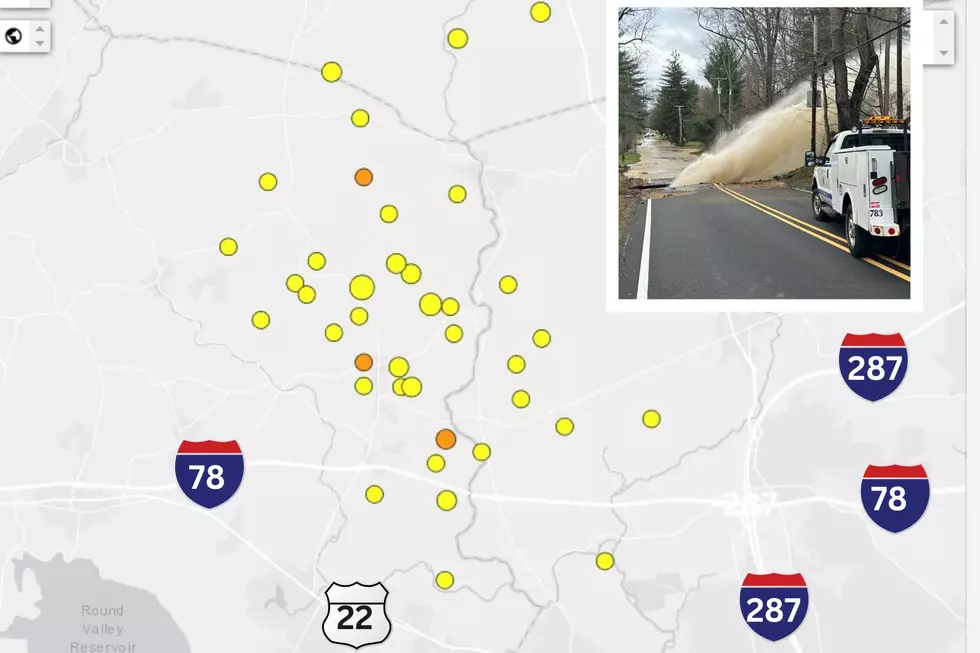
Harvey, Irene, Sandy — There’s one thing storms never teach us
Our society is doing nothing to steer the population away from vulnerable areas where giant storms can do plenty of damage, a Rutgers sociologist says.
Lee Clarke studies disasters such as Hurricane Harvey and government and societal responses to them.
Clarke's books include "Mission Improbable: Using Fantasy Documents to Tame Disaster," and "Worst Cases: Terror and Catastrophe in the Popular Imagination."
He said Harvey hitting Houston is just another example of developing too fast too far in the wrong place.
"You cannot stop the forces of wind and tide. What you can do is do something to attenuate, or prevent, even, if you really want to get down to brass tacks," he said. "We ask the same questions over and over and over, and many of them, we know the answers to — we as scholars, not just sociologists."
One example of what Clarke is talking about: An order by then-President Barack Obama against building in flood plains was revoked by President Donald Trump just a few weeks ago.
Clarke said government and society need to change the incentives for the population to build in dangerous places, such as flood plains. He said the disaster in Houston from Harvey is just the latest example of how society keeps doing the wrong thing over and over.
"Regulation is a big cuss word these days I guess, but the truth is, you do not let people build in dangerous places," he said. "And then when the inevitable comes, we will be better prepared to prevent people and property from being damaged."
Joe Cutter is the afternoon news anchor on New Jersey 101.5
More from New Jersey 101.5:
More From New Jersey 101.5 FM









